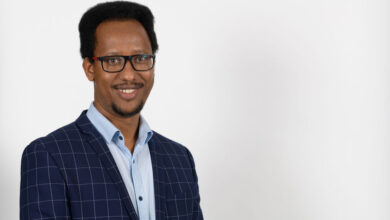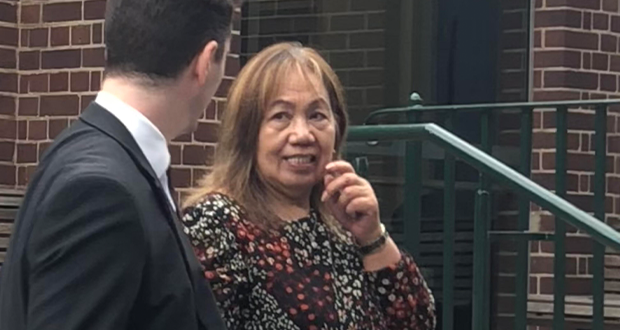Work app for nurses is best made one ThinkPlace at a time

A smartphone application that helps empower remote Ghanaian nurses could be used in many other countries, the creators have said, but nuanced, localised approaches are critical.
ThinkPlace also attributed much of the success of the app – which helps nurses diagnose patients, calculate medication dosages, access training and information and connect with one another – to engagement with the local nurses.
Ledia Andrawes, program director at ThinkPlace, said: “If I think about what was the value that was created, not just for the nurses, but also for the organisations that we worked with, allocating the time and space to understand the nurse perspective helped build this culture of empathy among decision-makers during critical milestones throughout the project.
“Taking this human-centred approach means that we have quite a nuanced understanding of the nurses' and their supervisors' context and how to design for their experiences of the health system," Andrawes said.
Principal at ThinkPlace, Darren Menachemson said, theoretically, this type of app could work anywhere, as it covers the fundamentals of a lot of challenges of remote nursing that are consistent across the world. “That said, this app really was moulded for Ghana,” he added. “Any time this app would be taken to another country, it would need to be intensely localised.
“The way to do that would be by making sure that it was suitable for the context and also that the voices of nurses in the country we're once again being harnessed to drive the ideas behind the design.”
Andrawes said: “I think a lot of the time we assume that we're always designing for the patient and this project really does emphasise this caring for the caregiver notion.
Menachemson added its worthwhile recognising how challenging remote nursing is in Ghana.
“Ghana is an environment where, out of every 100,000 live births, almost 400 mothers are not going to survive the birth process," he said. "For every 100,000 live births, about 6000 of those children die.
“In Australia, you'd hear those figures and think, 'Well, that would be a national catastrophe.' In Ghana, that's an improvement over where they were a couple of years ago," he said. "Understanding that context, I think, is quite important in understanding why these types of fundamentals can play such a big role in improving nursing practice in a remote setting."
Email: [email protected]





